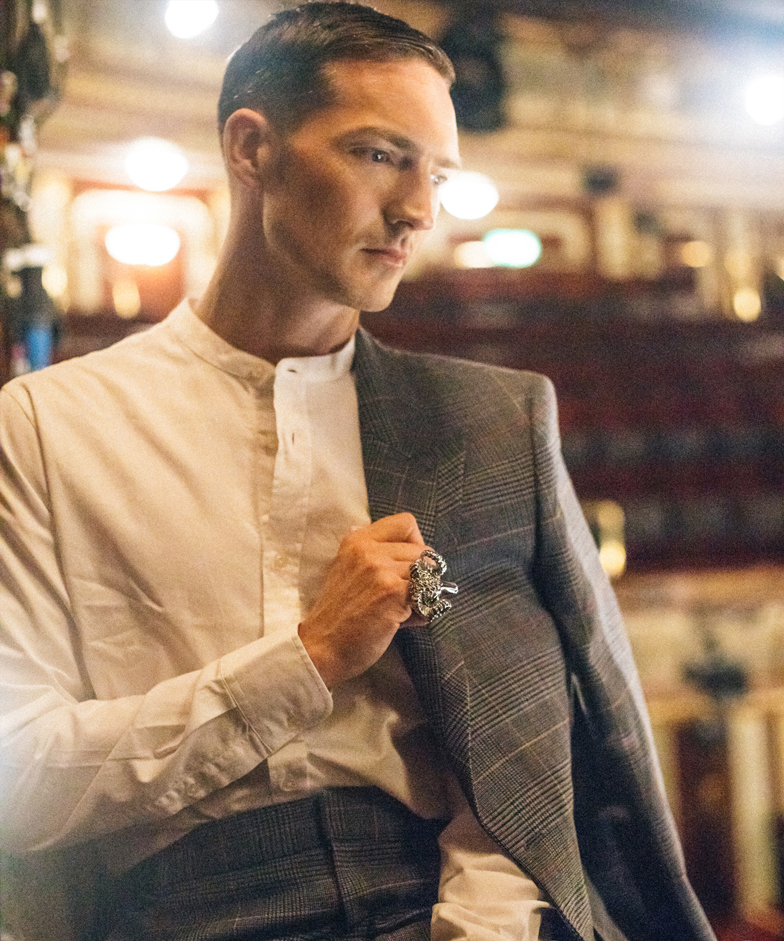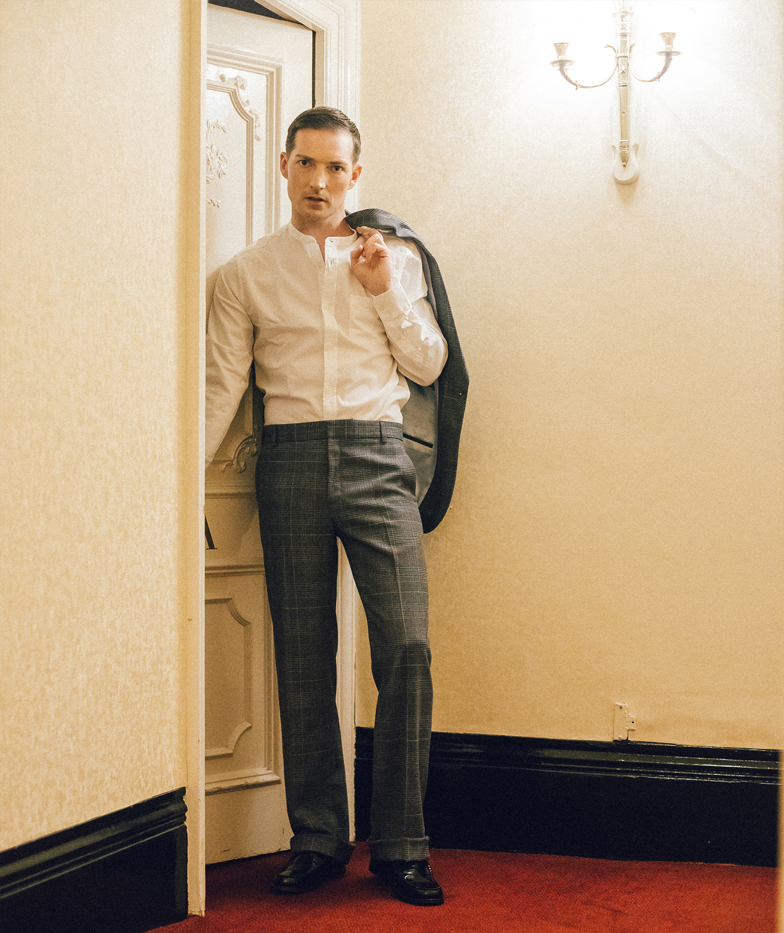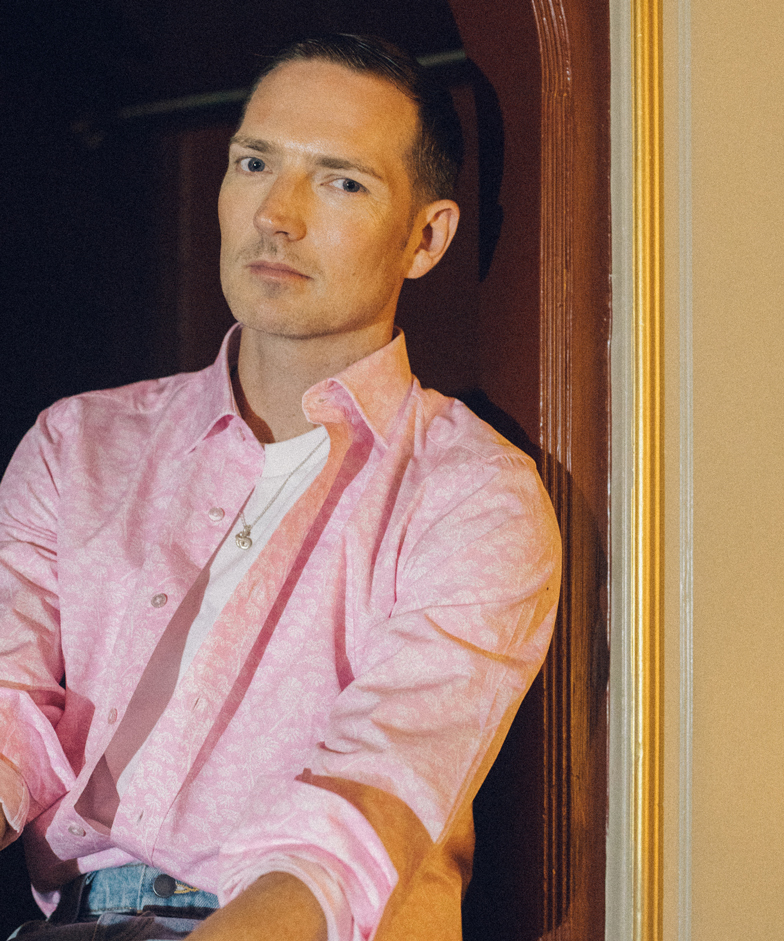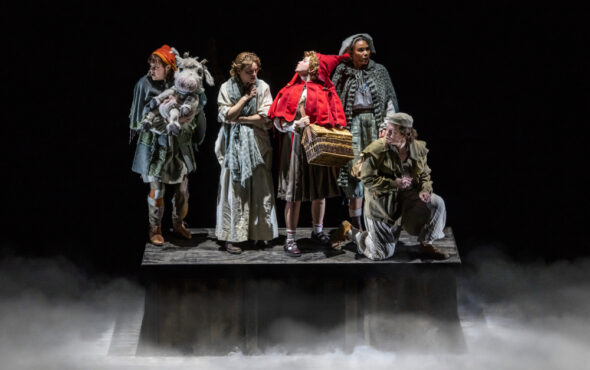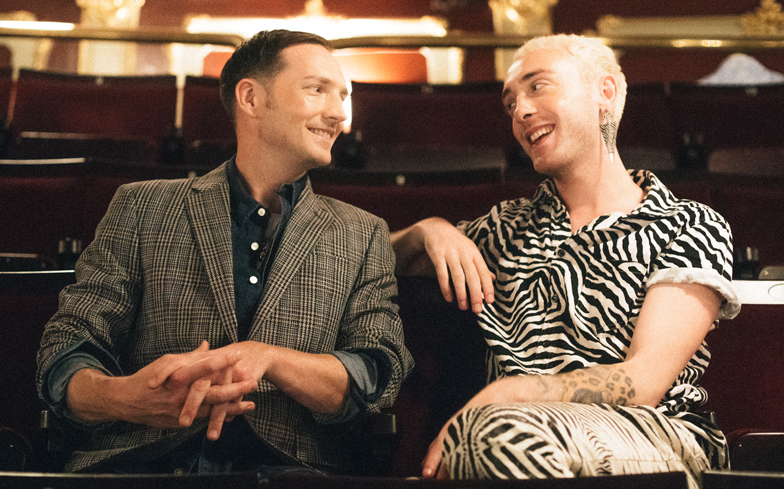
When new coming-of-age musical Everybody’s Talking About Jamie opened at the Crucible Theatre, Sheffield, back in February 2017, it sent shockwaves throughout the heart of British theatre.
Snatching almost a unanimous offering of five-star reviews, this pop-lead young musical championed the power of queer individuality in an almost unseen light. No longer was an openly LGBTQ character to be seen as a victim, nor was this about trying to ‘normalise’ queer voices or stories on stage.
With an unapologetic middle finger to gender norms, the limiting confines of femme male visibility, and a score by an openly gay and multi award-winning mainstream music composer, this tale of a Northern drag star with a dream – who was first seen on a BBC documentary – became a hit overnight.
Related: Meet the West End theatre stars redefining black excellence in the arts
But was a West End transfer, an international live cinema broadcast, an upcoming big screen movie adaptation, a top ranking cast album, and packed audiences of thousands weekly ever within the grasp of reality for the tale of a young boy who just wanted to wear a dress to his prom?
Jamie Campbell, or Fifi as he’s know to many, sits down with Dan Gillespie Sells at the Apollo Theatre to find out what’s gotten everybody talking about Jamie.
Jamie: Why was my story so important to tell?
Dan: It had a lot of heart in it. Personally, having been raised in a gay family, I’d not seen enough pieces of art with a gay and authentically effeminate gay man at the centre. Not as a sidekick, for laughs or a joke – there to be the hero. In the BBC documentary, you were the hero and a brave one. There’s a sense of there being an androgynous and effeminate creature at the centre of the story, and I hadn’t seen it enough or at all before.
J: Jamie New (the lead character in the show) is a splice of lots of different people – what parts of him come from you?
D: I know all three of us in the main creative team have strong connections with our mothers, so having women around us was something we could see – the idea of a kid growing up with strong women. All three of us went to state school and regular comprehensives, and schools at the time didn’t know how to cope with difference. They weren’t set up for dealing with identity, so we knew how to write about that which felt true. Also, we saw something we wished we had when your age. At 16, personally I wish I had as much of the sass you had, or confidence. The bravery to say that this is what you’re doing.
J: Why do you think stories like mine aren’t told in the mainstream?
D: People could think it’s quite niche, but that’s a mistake, actually. Look at a lot of great mainstream work, it’s specific and that’s what lets people in and believe it; when you get a location and community and character with accurate details. They can believe and I believe it’s a mistake to try and make everything general.
J: I’m no professional, but maybe the people at the top are scared to take the risk because they’re worried it won’t sell?
D: I think there’s a lot of risk taking to get us this far. For the Crucible to put on a new musical in the first place, and for it to come to London. I don’t know if anyone else would’ve taken that risk.
J: Do you think the LGBTQ community is represented fairly and accurately in mainstream theatre?
D: I think quite a lot of the time it is. Theatre takes a little time to catch up as it takes a while to make. I’m sure in a few years our show will be dated. Theatre needs to keep telling the stories and keep up with where the LGBTQ community is at. Queer storytelling needs to keep moving forward, and I felt we kept telling the same stories of victimhood again and again. What we wanted with this story is for Jamie never going to the place of the victim. He’s not the victim, he’s the hero.
Related: Kelli O’Hara on The King and I, homophobia on Broadway, and being a 13 Reasons Why regular
J: I got bullied a lot through school and I always had in the back of my head about them not making me a victim. There’s time when things did get in, but…
D: Of course, and it wouldn’t be a drama if Jamie didn’t have hurdles to overcome – but these are more internal as opposed to being the victim of somebody else’s oppression. He’s never the victim, ever. He’s too powerful for that!
J: What would a show like this have meant to a young teenage Dan?
D: Oh, goodness. When I was a teenager, I was trying to be really indie and cool. I hadn’t embraced the world of pop yet so the idea of the going to a musical would have been pretty horrendous as a teen. This might have… I don’t know… I’m imagining myself at that age. I did start to embrace gay culture at one point, and perhaps that would’ve happened earlier? I was a bit turned off by gay culture when I was younger. It seemed a bit like skinny t-shirts and feather boa’s and I couldn’t quite embrace it as I couldn’t see it being anything more than surface. Now I realise it’s so much more than surface. What I realise now is that drag and gender-fucking is more punk than punk. I realise how transgressive and a mutiny it is for a boy to wear a dress. I think I would’ve seen that and this kid as a fucking rockstar.
J: Do you think the musical is supporting young queer teens with their coming out?
D: I think it is from the feedback we’ve had. We’re getting messages and tweets. People make a beeline for John (McCrea, Jamie New) at stage door and tell him how they came out and how they brought their mum or dad to see the show.
J: I remember you saying that this show was never meant to be a coming out story…
D: He was out from the beginning and that’s empowering. We see someone that’s out from the beginning and is okay with it. He’s dealt with his identity already.
J: I think it can help because it’s about going for that thing. Him wanting to wear a dress is a metaphor…
D: It’s the next level of coming out.
J: So what’s your favourite moment from the show?
D: That’s a good question as there’s so many for me.
J: Me too!
Related: British actor Ashley Day: “I’ve never felt any pressure to hide my sexuality”
D: I love the end, actually, because it goes to a moment of pure joy. Everyone’s identity has loosened up a little bit. I think people are less defined at the end of our show than the beginning. He becomes less of a drag queen and more of a boy in a dress. I think identity is a crisis and people’s identity is shutting them down and it’s become as much of a problem – as a team to be part of. It can really shut people down and restrict them. What I like to do is loosen that up and let people just be people for a minute.
J: The fans’ reaction to the show has been extraordinary. Is there a moment that stands out so far for you?
D: We did the cinema broadcast in July and someone sent a message saying they were going to see it at a town hall screening in the village – somewhere in Lincolnshire. They walked in and the place was full of queer kids with their parents, and lots of other gay kids. They couldn’t believe there was this many other LGBTQ people in their community, and I had loads of other messages like that with people not realising there’s that many people into the same things.
J: I think that feeling was across the whole of the country…
D: Maybe there isn’t enough LGBTQ events going on in these places? There isn’t enough excuses for these people to come together and create a community. If you’re a young queer kid, how are you going to find out what’s going on in your area unless there’s event like this? That felt powerful when I heard that.
J: While this show displays a wonderful part of our community, there’s still an underlying level of discrimination towards femme queer guys. Why is this still a hurdle we have to get over?
D: I think it’s a thing because there’s a wider debate about misogyny. Although there’s more visibility for those who are genderqueer, and there’s Drag Race, and there’s still quite a lot of the world… partly identity politics is part of the problem. There was a place in the 80s where we had androgyny as a powerful stance. Androgyny was in a place of power and I feel it’s moved to being butch, femme, man, female. It’s gone more binary and I can’t figure that out. Maybe it’s to do with the world wanting to market us more stuff? Making us feel like we have to squeeze ourselves into one shape or another? It’s not very liberating. Personally, I can’t get my head around it as I was raised by butch looking dykes. They looked androgynous as they come. I remember my mum got a convertible car when we were kids and kept getting pulled over by the police because they thought she was a young lad who nicked it. There was great power in that, and I’m attracted to androgyny. I’m attracted to the power of androgyny.
Related: Come thru! Layton Williams to star in Everybody’s Talking About Jamie
J: A lot of people aren’t. The ‘straight acting’ gays don’t like the femme guys. I hate it when people say that I’m ‘such a stereotype’. I’m not being a stereotype, darling, I’m me, and if that happens to be a stereotype then I shouldn’t be shamed for being who I am.
D: Inevitably the person saying that is always going to be a stereotype themselves. I’m assuming this is being said to you by gay guys. I can imagine they look exactly like a gay guy – know what I mean? Or at least exactly like a guy. Well you’re more of a stereotype of a man than I am of a gay man. I was raised thinking don’t judge a book by its cover. This statement you’re told when you’re four, but it still stands true. Part of me thinks you can’t go telling people who to fancy. People can’t choose their kinks, so you shouldn’t sex shame someone for not fancying a certain type of person. But at the same time, I do feel there’s an overall sense of ‘you’re less powerful as a man if you’ve got women’s attributes’. That’s partly misogyny. You’re less of a woman if you’ve men’s attributes; if you’re butch. I do think there’s an overall thing of the general keeping of women in their place and men in the position of power. If you corrupt that by being androgynous, I think that’s the ultimate betrayal of the social norms we’ve had for thousands of years. We’re still working on that.
Photography Iolo Edwards
Words William J Connolly
Fashion Darkwah Kyei-Darkwah
Grooming Shamirah Sairally
More information on Everybody’s Talking About Jamie can be found here.
